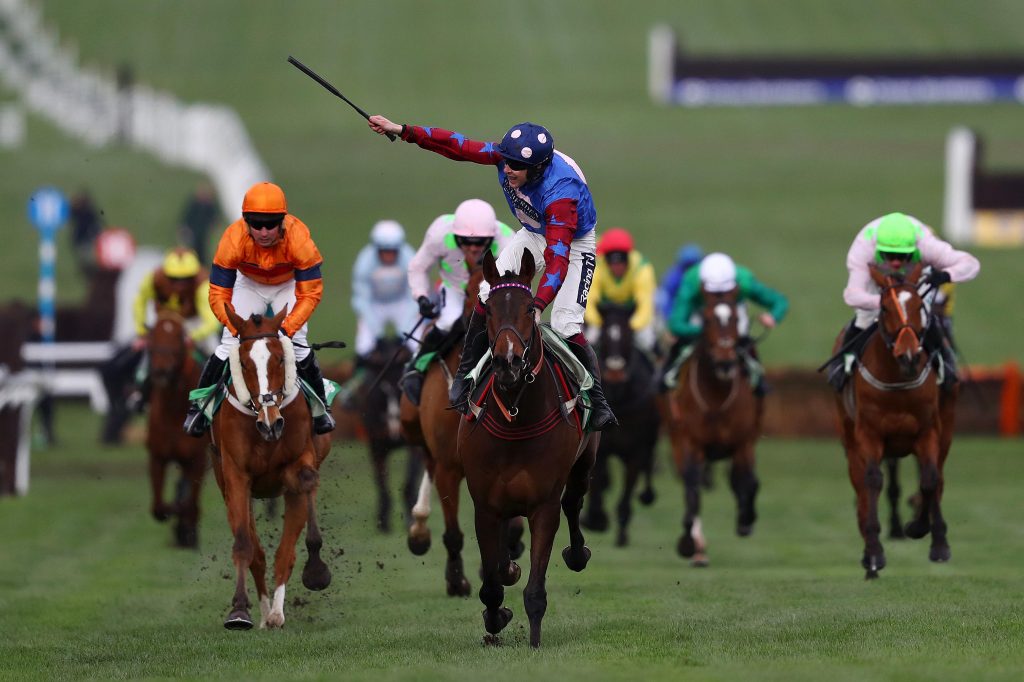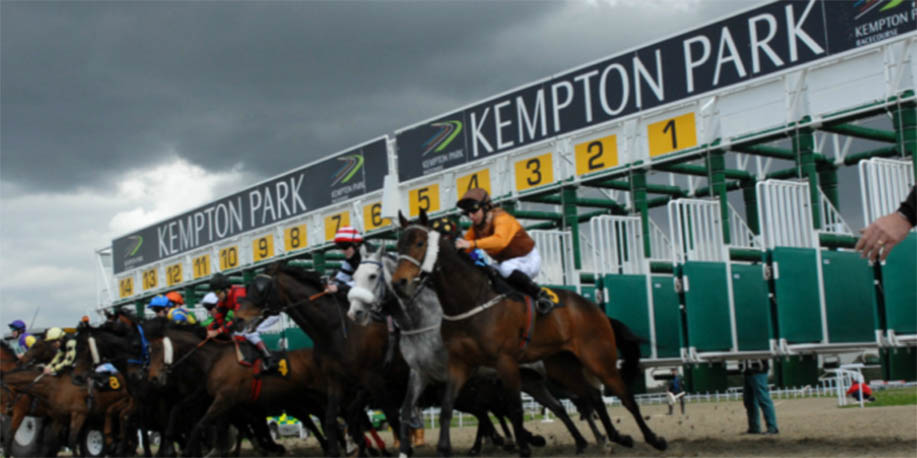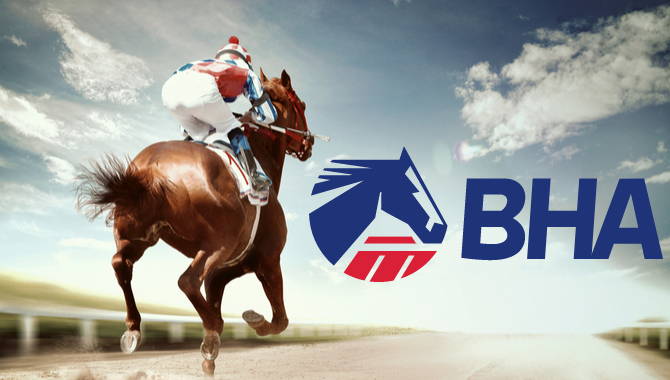By Andrew Atkinson
The British Horseracing Authority has published a full fixture list for January-April 2021 developed with a view to maximising revenue to help the sport through the coronavirus crisis, while safeguarding participant wellbeing.
Confirmed dates for all fixtures involving Pattern races for full year also published, alongside provisional dates for racecourse fixtures for the remainder of 2021.
Following confirmation from the Horserace Betting Levy Board (HBLB) of a fixture-related funding package to support British racing’s fixture list from 1 January to 30 April 2021, the British Horseracing Authority (BHA) has published a full fixture list (Excel, PDF) for this period.
The fixture list has been developed with a view to maximising revenue for the sport and participants, while safeguarding participant wellbeing and taking account of the horse population.
At present, due to the absence of spectators from racecourses, revenue streams through media rights and betting levy are essential for the ongoing viability of the sport and the livelihoods it supports.
As well as the full fixture list for January to April, dates for the meetings involving Pattern races (fixtures in bold: Excel, PDF) during the final eight months of the year have also been confirmed.
Finally, provisional dates for racecourse fixtures (fixtures in lighter shade : Excel, PDF) during the period from May to December have also been published, albeit these dates will be confirmed in due course subject to further information being available in relation to the return of spectators, the size of the horse population and the level of finance available for the fixture list from all sources.
At this stage, no BHA Fixtures have been announced for the period from May to December, and a decision about the appropriate number and scheduling of these fixtures will take place in due course, once there is greater clarity in relation to the aforementioned factors.

In 2020 there were 233 BHA Fixtures originally scheduled across the full year.
The total number of fixtures for the period from January to April are summarised below: 2020 2021 Jump Fixtures 243; 246. Flat Fixtures 208; 202. TOTAL 451; 448.
The fixture list in this period has been designed with a view to supporting betting revenues and, where possible, reducing the costs associated with staging fixtures. As such, a number of changes have been agreed with a view to creating a more efficient proposition for the period.
These include: While the total number of Flat fixtures has reduced, the number of Flat races will remain unchanged. This is due to a reduction in the total number of All-Weather fixtures during the period but extending the length of cards at floodlit fixtures to include up to nine races so that the total race numbers remain similar.
With Covid-protocols continuing, the temporary rule which permits jockeys to ride at only one fixture per day will be extended into 2021.
The extended floodlit cards will include seven programmed races and up to two divisions, with the use of divisions ensuring that the fixture list and race programme can respond appropriately to the actual level of demand from the horse population at that time of year.
Race times will be set with the aim of providing continuous product for the betting industry until a last race time of no later than 8.30pm, other than on Sundays when racing would conclude by no later than 6pm.
Where possible without having a negative impact on terrestrial TV coverage, reducing the number of fixtures on Saturday afternoons in January and February from four to three, recognising that the fourth fixture on Saturday afternoons can contribute more to betting revenues if staged at a different time of the week.

Reducing the number of fixtures from six to four on New Year’s Day by moving meetings to alternative dates when they would generate additional returns from betting.
A decision will be taken on the number of fixtures to be staged at Easter nearer the time, once more is known about the return of spectators to racecourses.
Following publication of the 2020 fixture list, it was announced that Portas Consulting had been appointed by the sport’s Executive Committee to assist in developing an independent analysis of the financial and economic state of British Racing, identifying the key levers, such as the fixture list, and their impacts now and in the future. This work was utilised in part in the development of the 2021 fixture list, though other overriding concerns such as the unique circumstances caused by the coronavirus pandemic have also been prioritised.
Richard Wayman, Chief Operating Officer for the BHA, said: “Although the current unprecedented levels of uncertainty make planning for the future challenging, the publication of a fixture list and minimum prize money levels for the first four months of next year provides the sport with clarity over racing’s plans for the immediate future.
“In addition, by publishing the confirmed dates of major fixtures for the remainder of the year, we hope this will help owners, participants and racecourses begin to make their plans for 2021.
“We continue to discuss with government a consistent approach to allowing sporting events to go ahead with spectators as soon as possible but in developing the fixture list for the beginning of next year, we have focussed on creating a schedule that maximises off-course betting turnover and, where possible, reduces the costs of staging fixtures.
“In doing so, we have also sought to reduce the pressures on racing’s workforce of servicing the fixture list including by staging extended cards on the all-weather with a corresponding decrease in fixture numbers.

“We are particularly grateful to the Horserace Betting Levy Board for their continued financial support which has enabled us to confirm that pre-Covid minimum values will remain in place for mid and lower-tier races, whilst also retaining the appearance money scheme that is popular with many owners.
“Their enhanced support, however, is not sustainable, and ahead of racing presenting proposals for fixture funding for the remainder of the year, efforts continue to generate additional support, including – at the government’s request – producing a submission setting out the economic impact across the whole of racing, including what will be lost by racing without the public through the winter.
“Moreover we are continuing to press the case for urgent reform of the Levy, which would help racing to become more self-sufficient and reduce the need for government spending on the sport, the likes of which we are seeing in other racing nations at present.
“British racing is rightly admired around the world but without progress in this key area, we risk becoming uncompetitive with our international colleagues, which could have catastrophic and long-lasting implications for the future of our sport.”









